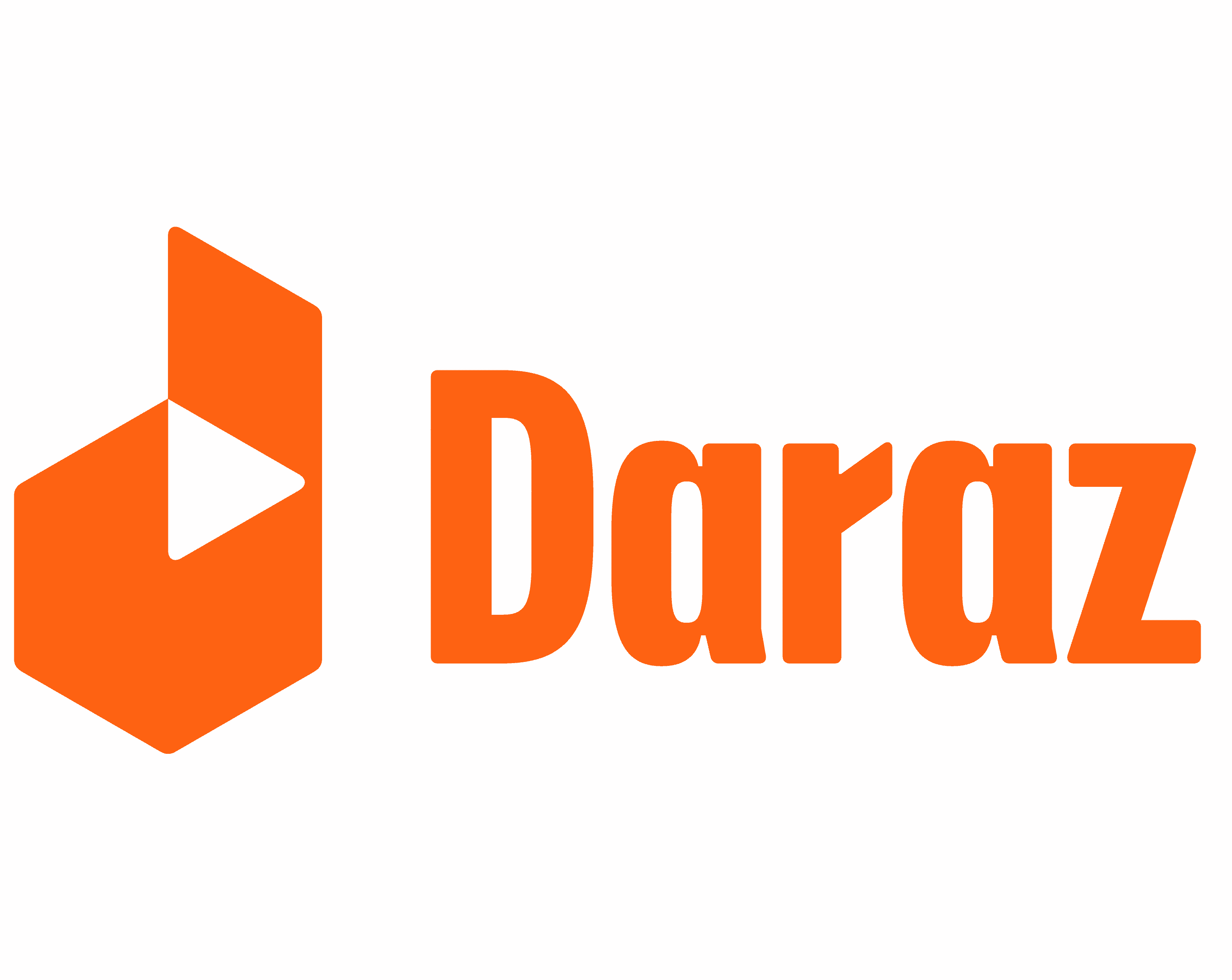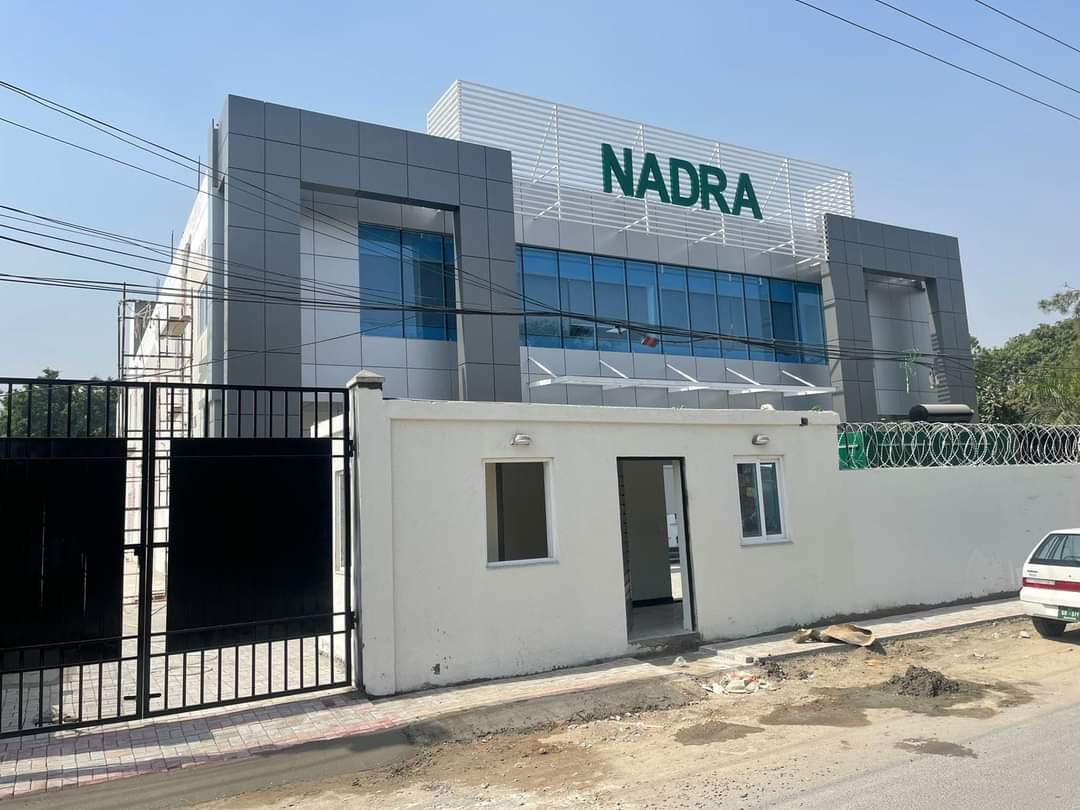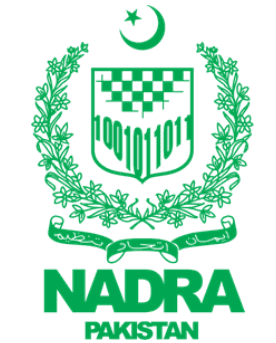Nadra Mega Center Peco Road Lahore
In the realm of governance and civil services, the importance of a robust identity management system cannot be overstated. In Pakistan, the National Database and Registration Authority (NADRA) plays a pivotal role in managing citizens’ identities and ensuring the integrity of the country’s civil registration system. Established in 2000, NADRA has transformed the way Pakistanis are registered and how their data is managed. This blog delves into the functions, significance, and recent developments related to NADRA.
What is NADRA?
NADRA is an autonomous agency under the Ministry of Interior, responsible for the registration of citizens, issuing identity cards, and maintaining a comprehensive database of the population. The organization was founded to create a streamlined process for civil registration, including births, deaths, marriages, and identity verification.
Key Functions of NADRA
Issuance of Identity Cards: One of NADRA's most significant functions is the issuance of the Computerized National Identity Card (CNIC). This card serves as proof of identity and citizenship, necessary for voting, obtaining a passport, and availing government services.
Data Management: NADRA manages a vast database containing personal information of millions of citizens. This database is crucial for government planning and development initiatives.
Civic Registration: NADRA oversees the registration of vital events, such as births and deaths, ensuring that all citizens are accounted for within the national framework.
Identity Verification: NADRA provides verification services to various government and private entities, helping to combat fraud and identity theft.
Facilitating Electoral Processes: The agency plays a critical role in electoral processes by ensuring that voter lists are accurate and up-to-date.
Significance of NADRA
NADRA is not just an identity management agency; it is a cornerstone of Pakistan’s governance system. Here are a few reasons why NADRA is vital:
National Security: By maintaining a comprehensive database, NADRA helps the government ensure national security and counter-terrorism efforts. Accurate data helps in identifying individuals and monitoring movements.
Social Welfare: NADRA's database aids in the delivery of social welfare programs. The government can identify eligible citizens for various schemes, ensuring that resources are allocated efficiently.
Economic Development: A robust identification system is essential for economic activities, including banking and business transactions. NADRA’s services facilitate easier access to financial services for individuals.
Recent Developments
In recent years, NADRA has introduced various innovations and improvements to enhance its services:
Digital Services: With the advent of technology, NADRA has moved many of its services online. Citizens can now apply for identity cards, renew them, and access other services through NADRA's website and mobile apps, reducing the need for physical visits to registration offices.
Biometric Verification: To enhance security, NADRA has implemented biometric verification systems. This technology ensures that identity cards are not easily forged and that users are accurately identified.
Collaboration with Other Agencies: NADRA has collaborated with various government departments and international organizations to improve data sharing and streamline processes. This collaboration enhances service delivery and supports national initiatives.
Outreach Programs: To ensure that all citizens, especially in rural areas, have access to identity registration, NADRA has initiated outreach programs. Mobile registration units travel to remote locations, providing services to those who may not have easy access to registration offices.
Challenges and Future Prospects
Despite its significant contributions, NADRA faces several challenges. These include data privacy concerns, the need for continuous updates to technology, and the challenge of reaching underprivileged communities. Ensuring data security and protecting citizens’ information remains a top priority.
Looking ahead, NADRA aims to enhance its technological capabilities and expand its services. With the growing emphasis on digital governance, NADRA is poised to play an even more integral role in Pakistan's development.
Conclusion
NADRA is more than just a registration authority; it is a vital institution that underpins the identity, security, and socio-economic fabric of Pakistan. As it continues to evolve and adapt to modern challenges, NADRA will remain crucial in shaping a more secure and efficient governance framework for the nation. For Pakistanis, understanding NADRA's functions and significance is key to recognizing the importance of identity management in today’s world.




















